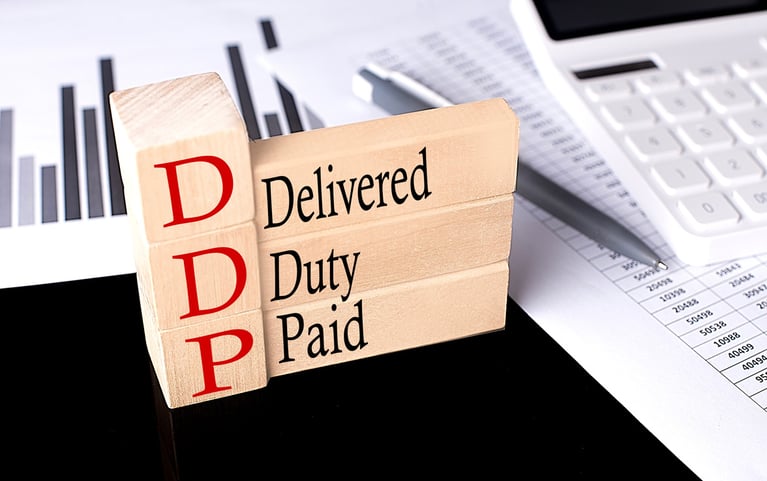In an increasingly connected marketplace, businesses are thriving by looking outside geographical boundaries for new production locations or sources of raw materials. However, establishing an importing element to your supply chain brings with it a common question: “Do I need an import licence?”.
Many countries require a licence to regulate trade, protect consumers, and ensure compliance with local laws and international agreements. Read on to understand what an import licence is under UK requirements, which types of goods might need one and any additional paperwork which importing businesses should be aware of
What is an import licence?
An import licence is a form of documentation, designed to regulate and control the importing of certain goods into the UK. Effectively, they are a “trade control” issued by different regulatory departments, depending on the product.
Put simply, they limit the organisations and individuals who can bring certain goods into the UK, because to do so, you need the licence. It also means the government can easily trace the company or individual that brought the goods into the UK market, should something go wrong.
If you are importing goods into the UK, it’s your responsibility to know about and have the relevant import licences in place.
Do I need a UK import licence?
Most goods do not need an import licence. But the nature of certain goods make them subject to higher controls, including the need for a licence or other documentation. In particular, you should check whether you need an import licence if you are importing any of the following:
- animals and animal products
- plants and plant products
- high risk food
- veterinary medicines
- human medicine
- controlled drugs
- tissues and cells for human application
- waste
- products containing F gas
- precursor chemicals
- hazardous chemicals
- nuclear material
- guns, knives, swords and other weapons
- weapons and goods that could be used for torture or capital punishment#
If you know the commodity code of your products, by searching for your specific goods on the UK Trade Tariff, it will reveal any licences and documentation that is required to import your goods.
“When an import licence is involved, the import process is that much more complex. We would always recommend seeking specialist guidance in this scenario, where that is from ourselves, another freight forwarding company or the relevant industry body.”
Liam Launders, Head of Sales, WTA
How do I get an import licence?
Applying for a licence must be done through the relevant governmental or industry body. You should be able to find the correct one for your goods, by searching for them on the UK Trade Tariff or by clicking on the relevant product group above.
How difficult is it to get an import licence?
Acquiring an import licence can vary in complexity depending on which you’re applying for. You will be required to fill in an application form, provide additional supplementary documentation and pay a fee for the licence.
However, it’s likely there will be additional steps too. For example, a site visit could be required to evaluate storage conditions and staff training. If looking to import weapons, officials will likely require you to meet certain security criteria.
Goods which fall under licencing categories do so because they are potentially very harmful to the UK market. Therefore, acquiring a licence is a thorough process, ensuring your business is reputable and has appropriate safeguards in place.
Is an import licence all that I need?
In addition to import licences, businesses operating in the UK should be aware of other paperwork requirements to facilitate a smooth import process.
EORI Number:
An Economic Operator Registration and Identification (EORI) number is essential for businesses engaged in international trade. It is used in customs declarations and other interactions with customs authorities.
Customs Declarations:
Businesses must complete accurate customs declarations for all imported goods. This includes details about the nature of the goods, their value, and their origin.
Other Certificates and Documentation:
Depending on the nature of the goods, businesses may need to provide certificates of origin, quality, or compliance with specific standards.
While not all businesses operating in the UK require an import licence, clearly understanding the nature of goods which do is important to avoid any legal complications or fines during your importing process.
Staying informed about the documentation involved in trading internationally ensures a seamless import process for your business, so if you are unsure or unclear about any area then we recommend reaching out to experts in logistics and customs clearance. Navigating the importing landscape can be complicated but experts (like an experienced freight forwarder) deal with these common questions every day and will be able to ensure you go through a seamless, stress-free process.






